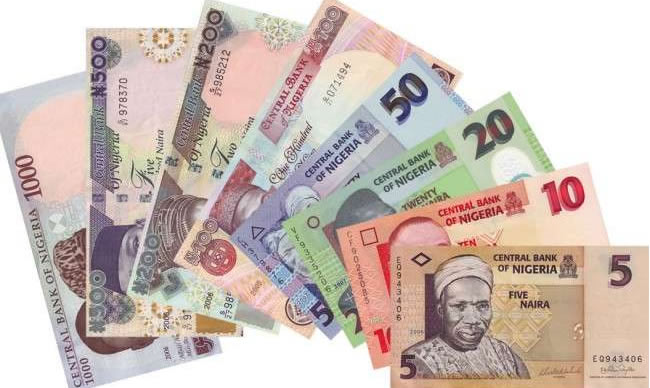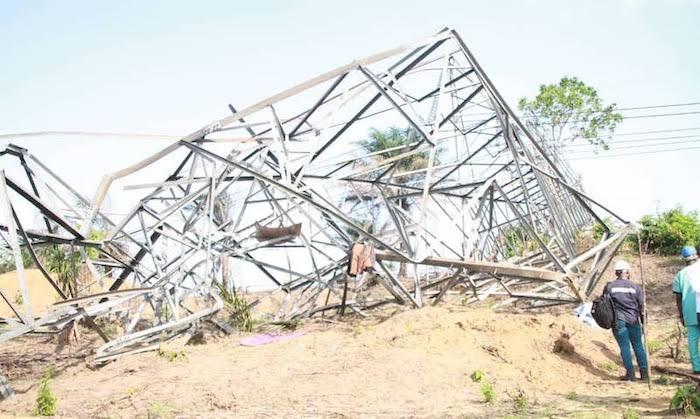Nigeria’s local currency, the naira, has been ranked among the world’s 10 worst-performing currencies, according to a Bloomberg report.
The report indicates that five of the poorest-performing currencies globally are from Africa, including the Zambian kwacha, Angolan kwanza, and naira.
The decline in African currencies has been linked to various factors, such as economic challenges, unstable commodity prices, inflationary pressures, and limited dollar liquidity. Many African economies, particularly those reliant on oil exports, are especially vulnerable to fluctuations in oil prices.
Keonethebe Bosigo, a portfolio manager at Mazi Asset Management, emphasized that while oil prices play a significant role, the underlying issues are rooted in poor currency management and economic imbalances. He noted that the naira’s troubles stem from its failure to adjust, leading to overvaluation and a subsequent loss of confidence.
Irmgard Erasmus, an economist at Oxford Economics, also commented on the naira’s difficulties, highlighting persistent liquidity issues and insufficient dollar supply.
Despite reforms aimed at liberalizing Nigeria’s current account following President Tinubu’s election in 2023, the currency continues to experience significant pressure.
“The naira remains undervalued relative to its long-term neutral value due to ongoing liquidity and dollar supply challenges,” said Erasmus.
He noted that while falling Brent crude prices have exacerbated the situation, improvements in dollar liquidity could support the naira’s recovery over time.
Erasmus also pointed out that the naira should ideally be trading around N1,100 per dollar without distortions, compared to its recent close of N1,544/$. However, he cautioned that without major policy reforms and enhanced dollar supply, the outlook for the naira remains uncertain.



